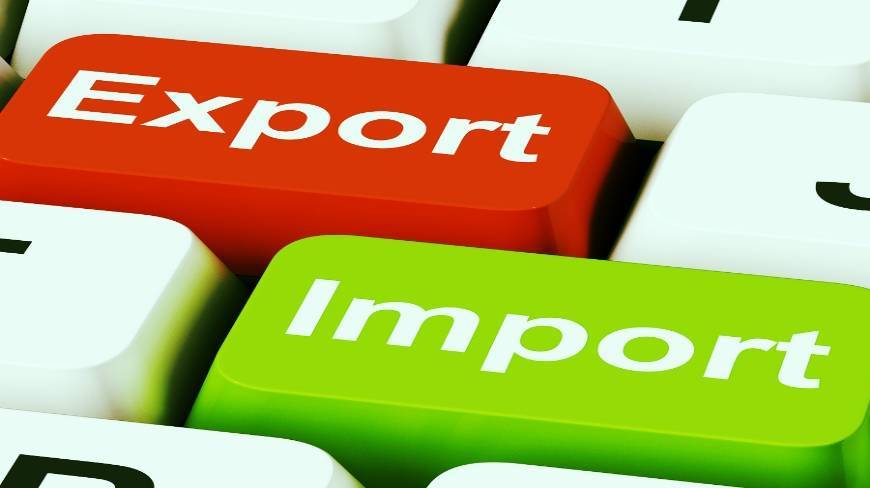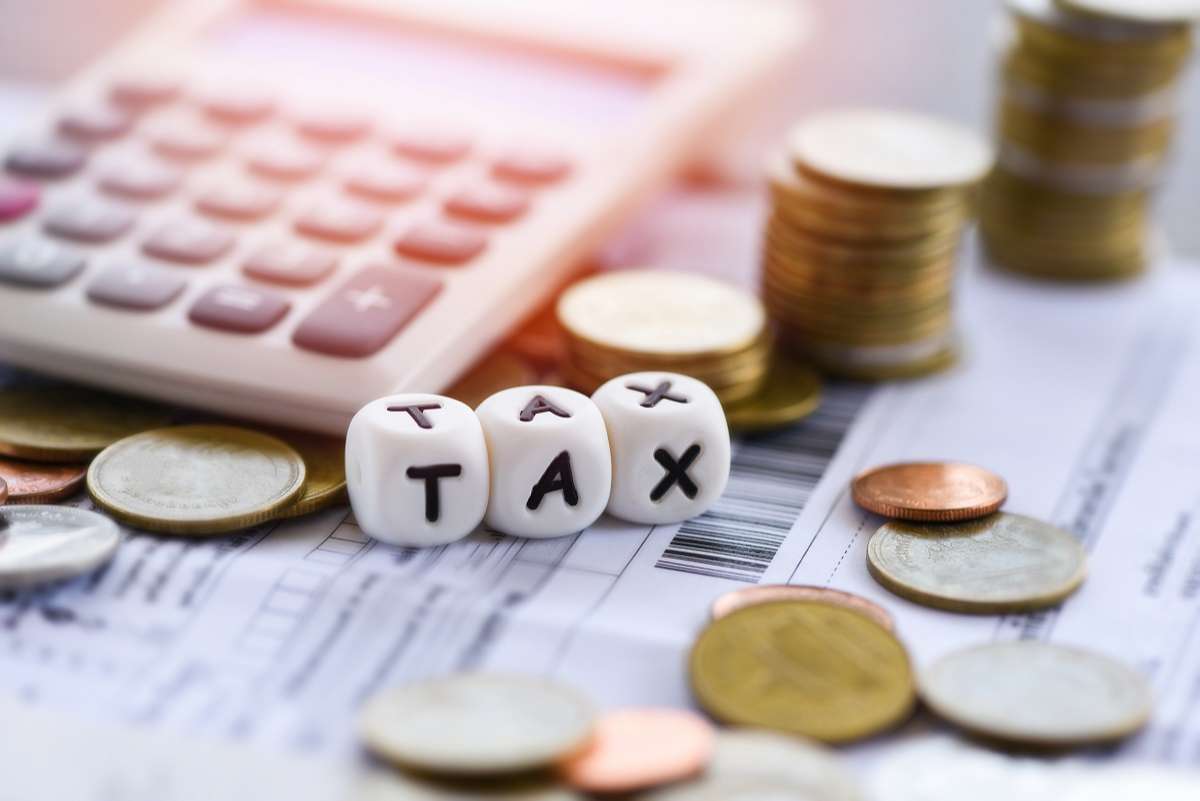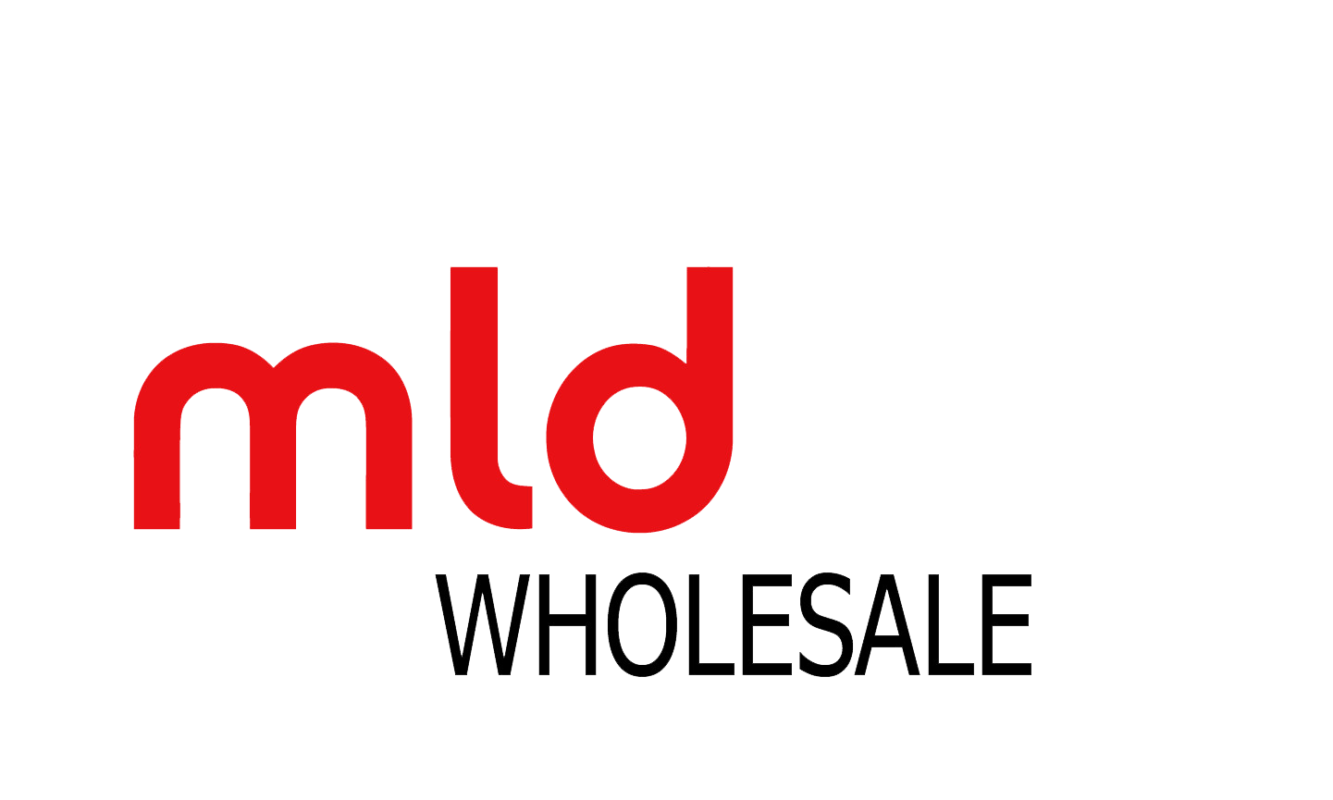Having a good understading of one country’s import and export regulations, as well as procudures, is important, and it is a must if you want to trade internationally. Today we give you the key regulations of Vietnam import and export, we think it will be a good source of information you need to start trading with Vietnam.
Import and export licensing procedures
To be able to start import or export business in Vietnam, a foreign investor must contact the Department of Planning and Investment (DPI) to register, though Vietnam does not require any import/export license to set up a trading company.
But, to do import and export activities in Vietnam, foreign investors have to obtain an Investment Certificate. They must follow the procedures to adjust their Invesment Certificate if they wish to engage in import/export activities.
According to Circular 34/2013/TT-BCT, Vietnam has a list of certain goods that foreign companies can not export from, or import into Vietnam. The banned goods for export include petroleum oil. On the other sides, banned goods for import into Vietnam include cigarettes, tobacco, petroleum oils, aircraft, newspapers and journals.
Some goods are required to have import/export permits from the government, as stated in Appendix II of Decree 187/2013/ND-CP:
- Export-controlled goods are those that are subject to international treaties to which Vietnam is a signatory;
- Goods exported within foreign country quotas;
- Imported goods that are subject to import controls under international treaties to which Vietnam is a signatory; and
- Chemicals, explosive pre-substances, industrial explosives.
Before clearing customs, all imported or exported goods must comply with relevant government regulations on quarantine, food safety, and quality requirements, as well as be inspected by relevant government authorities.
Importers must additionally submit a customs dossier, which includes a customs declaration, in accordance with Circular no 38/2015/TT-BTC Appendix II. This is where you may file your customs declaration electronically.

Applied duties
Import/export duties apply to the majority of items that cross Vietnam’s borders or transfer between the domestic market and a non-tariff zone. Goods in transit, goods exported abroad from a non-tariff zone, goods imported from foreign countries into non-tariff zones for use only in non-tariff zones, and goods transiting from one non-tariff zone to another are all exceptions to this rule.
The majority of products and services exported are tax-free. Only a few items, primarily natural resources such as minerals, forest products, and scrap metal, are subject to export duties (which range from 0 to 45 percent and are calculated on a free-on-board (FOB) basis).
Consumer products, particularly luxury goods, are subject to high import duties, whereas machinery, equipment, materials, and supplies required for production, particularly those items not produced domestically, are subject to lower or even zero percent import duties.
Depending on the origin of the goods, duty rates for imported commodities include preferred rates, special preferential rates, and standard rates.
When customs declarations are registered with the customs offices, import/export duty declarations are required. Export duties must be paid within 30 days of customs declaration registration. For imported goods, import duties must be paid prior to receiving consumer goods.
Vietnam imposes many kinds of tariffs on the import and export of commodities, depending on the trade conditions. Companies looking for detailed or in-depth information on a range of products should refer to the Vietnam Customs website.

Tax applied on imports
Almost every type of goods that is imported into Vietnam is subject to a tax. Import tax rates vary based on the type of product; for example, consumer and luxury goods are heavily taxed, but machinery, equipment, and raw materials are subject to lower taxes, if not tax exemptions. Imports are subject to import tax, value-added tax (VAT), and, in some cases, Special Consumption Tax (SCT).
Preferential tax rates, special preferential tax rates, and ordinary tax rates are all applicable to imported goods:
- Goods originating from nations, groups of countries, or territories that use the most favored nation treatment in their trade relations with Vietnam are subject to preferential tax rates.
- Goods coming from nations, groups of countries, or territories that apply specific import tax preferences to Vietnam are subject to special preferential tax rates. It is currently primarily applicable to ASEAN countries with common preferential tariffs (CEPT).
- Ordinary tax rates apply to goods originating in countries, groups of nations, or territories that do not grant Vietnam the most favored nation treatment in terms of special import tax privileges. Ordinary tax rates will be no more than 70% higher than the government-specified preferential tax rates.
The VAT rate ranges from 0% to 10%, with 10% being the most common rate. Circular No. 83/2014/TT-BTC has more detailed information.
Tax applied on exports
Only a few commodities are subject to export taxes. Taxes on exports range from 0% to 45%. VAT applies to a wide range of products. Furthermore, the SCT Law states that exporters who purchase SCT tax-liable goods for export but instead sell them locally are subject to SCT.
The export tax rates that apply to exported goods are listed in the Export Tariff for each item. The tax tariff for the year 2017 can be found here. The Ministry of Finance will issue new Circulars whenever the tax tariff is updated, which will either replace or supplement the previous ones. The value added tax (VAT) on exported items is 0%.
Tax-free goods
Imported and exported goods are tax-free under certain circumstances, including the following:
- Imported goods for re-export or temporarily exported goods for re-import;
- Imported goods for processing by foreign partners, then exported or exported to foreign countries for processing for Vietnam, then re-imported under processing contracts;
- Imported goods to create fixed assets for projects entitled for investment incentives or projects sponsored with capital from official development assistance (ODA);
- Imported goods for petroleum-related activities; and
- Imported goods for direct use in scientific research and technological development operations.

Calculation of taxes
The amount of import/export tax that must be paid is equal to the unit volume of each item of goods that is actually imported or exported. These are stated in customs declarations and multiplied by the tax calculation price and the tax rate for each item, both of which are specified in the tariff at the time of tax calculation.
The following are the tax calculation methods:
- Payable Tax = unit volume of each actually imported/exported good item x the tax calculation price x the tax rate applicable at the time of calculation; and
- For goods subject to an absolute tax, use the following formula: Payable tax = the unit volume of each actually imported/exported goods item x the absolute tax rate for that goods unit at the time of tax calculation.
Vietnamwholesale.asia
Hotline: +84 818 699 498 (WhatsApp/Line/Viber/WeChat)
